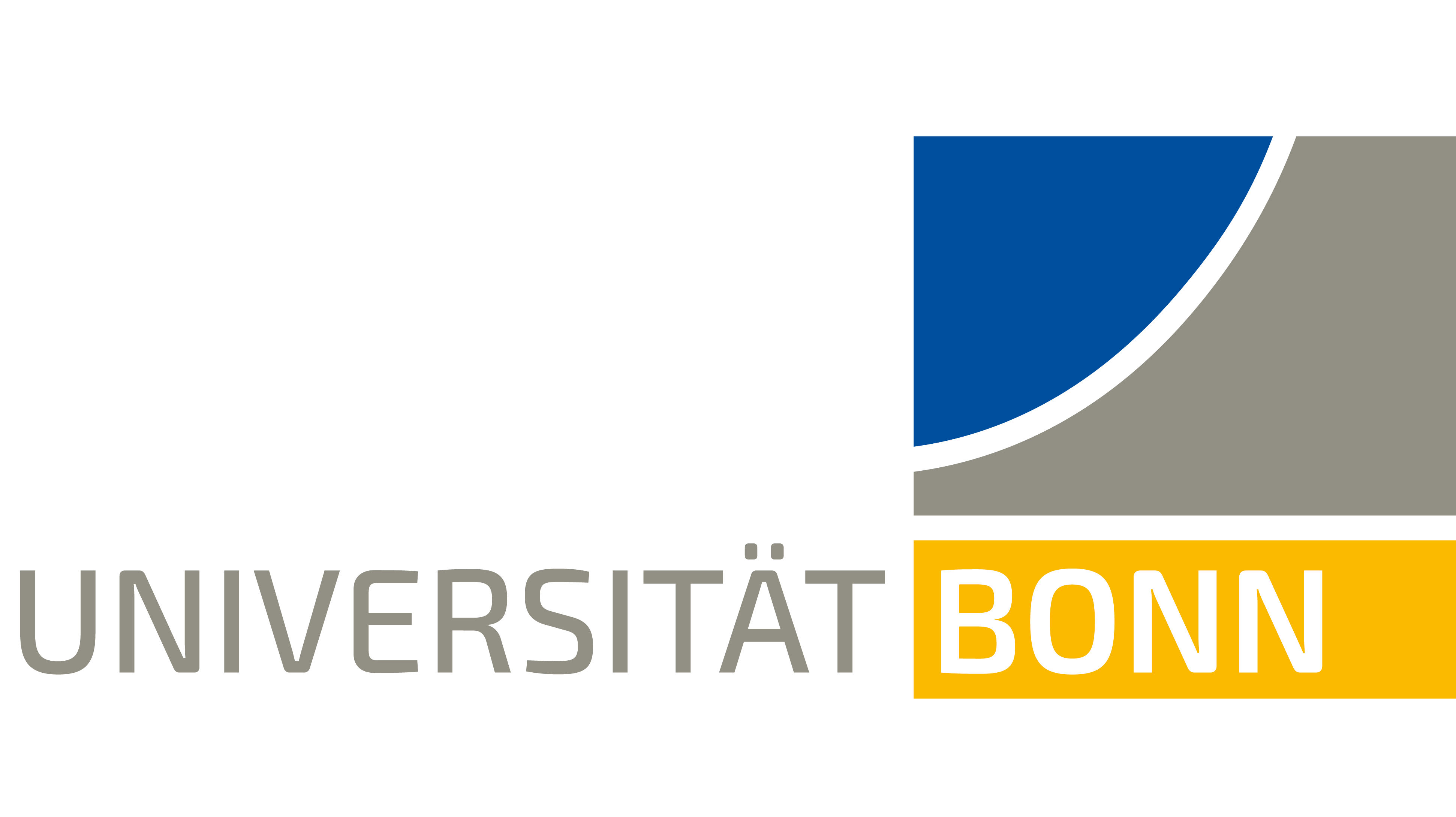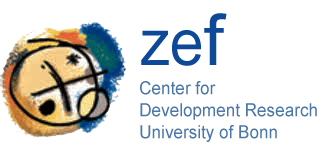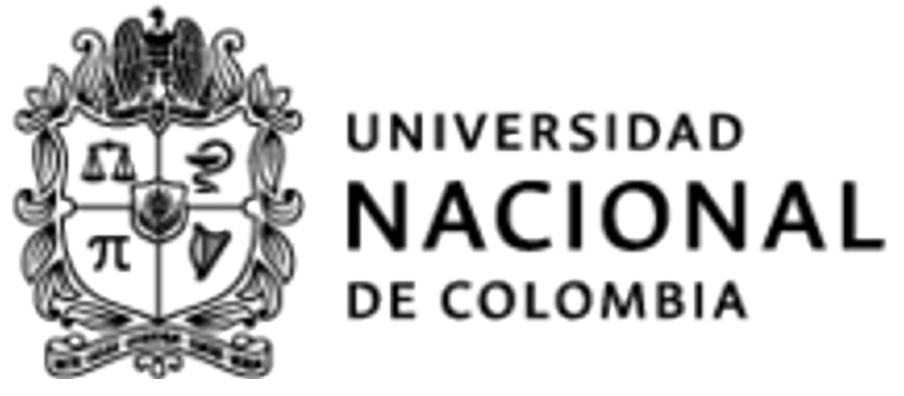 |
 |
 |
 |

Interdisciplinary courses
Based on the experience at the IDEA and the ZEF, the main objectives of the interdisciplinary curriculum are:
To provide students with interdisciplinary research skills and knowledge, exposure, socialization and communication abilities, as well as to support their development in these scientific areas.
2. To further develop and refine students’ disciplinary knowledge on theories and methods and to prepare them to take up teaching modules at post-doctoral level in the long run.
To enable students’ understandings of integrative approaches (e.g., concepts, methods, tools, subjects/objects, etc.) used to solve complex research questions.
To develop and incorporate blended and e-learning modules for students.
The interdisciplinary courses with a general module on methodologies and tools for development research are introduced every year in April / May in Bogotá, after the doctoral students have joined the teaching program and modules offered by the doctoral programs of UNAL and at IDEA within the running programs: Economics and Environment (led by Prof. Dr. Carmenza Castiblanco) and Culture, Environment and Society (led by Prof. Dr. Tomás León), from February to May. Additional modules can be programmed as well during the second semester (August to November) depending on the particular needs of the students, the availability of German professors and the courses offered by the IDEA. This academic offering will be adjusted opportunely each year.
As result of this training and socialization the graduates will in addition have comparative advantages when applying for grants in development studies, teaming up later in interdisciplinary and international research projects and implementing policy-relevant research that address the SDGs.
English course
IAn intensive preparation program (64 class hours) is given to doctoral students at the IDEA to support their English language skills. Although all the beneficiaries must certify a minimum level of B2 when applying to the program, a differentiated process was introduced to homogenize the initial level. The course aims at an intensive speaking practice (based on the academic discussions about doctoral research topics).
By the end of the course, the student must be proficient in the following abilities:
Understand the main ideas of the texts that deal with concrete and abstract topics, even if they are of a technical nature, as long as they are within their field of specialization.
Interact with native users with a degree of fluency and naturalness so that communication is carried out effortlessly by any of the interlocutors.
Produce clear and detailed texts on various topics, as well as advocate a point of view on general topics, indicating the pros and cons of the various options.
Within the structure of the program, the most useful strategy is the micro-teaching: the students themselves are immerse in an educational space in which they can teach the other participants. The topics are initially of free choice, but during the course other transdisciplinary subjects related to the DSSP and the experience in Germany are also included.
Course: Culture, Environment and Society (led by Prof. Dr. Tomás León)
The contemporary environmental crisis originates and expresses itself in different ways, affecting equally the set of ecosystems and the different human groups that in one way or another interact with natural resources.
The cultural notions of technological or social progress, brought to its greatest expression with the capitalist hegemony of the late twentieth and early twenty-first centuries and understood under the general and somewhat ambiguous term of "development", constitute a common thread to understand the complexity of the processes that are established in the dual way ecosystem-culture or society-nature. The prior knowledge of this problem, especially of the environmental conceptions of modern development, is an indispensable condition to face the growing challenges of economic growth and its environmental effects. It is not about studying the environmentalization of development, but about debating the environmental dimension of the general processes of society in relation to ecosystems.
Therefore, facing the complexity of the environmental debate requires the understanding of a specific language in aspects related to ecosystems as well as to the topics of cultural intervention forms. In this last aspect, it is important to understand the designs on the symbolic structures generated in different societies, the approaches to the knowledge of socioeconomic and political organizations, as well as the debates around the generation, transfer and environmental effects of technology.
Course: Economics an Environment (led by Prof. Dr. Carmenza Castiblanco)
This course provides the theoretical and practical basis of the Environmental and Ecological Economics required to address different topics about development in the framework of the global environmental crisis. The main objectives are:
To present an overview of theoretical basis of economy and it relationships with the environment.
To develop the main postulates of Environmental Economics (externalities theory, common goods, allocation of natural resources, environmental regulation, environmental economic valuation).
To describe and analyze the effectiveness of the economic instruments commonly used for regulation and environmental protection.
To discuss and analyze the scope and limitations of environmental economic valuation methods.
To present the conceptual approaches from Ecological Economics and confront them with those from Environmental Economics.
To present the main debates emerging from Ecological Economics regarding topics such as sustainability, development and economic growth.
The course contains 5 thematic modules coordinated by three teachers, so it combines different pedagogical strategies where the master conferences, which demand previous lectures of the students, are alternated with discussion sessions about documents and related papers under the teacher’s direction. Other sessions will be the support for practical.
Interdisciplinary Development Studies – ZEF Modules
In higher education best practice, an interdisciplinary education is provided to students in order to 1) engage in large epistemological questions; 2) make connections and identify relationships among different subjects, topics, disciplines, perspectives, and/or knowledge strands; 3) apply knowledge from more than one discipline in order to examine a theme, issue, topic, experience, and/or problem; and 4) identify and establish guiding questions in aid of interdisciplinary metacognition.
Engaging in an interdisciplinary education is especially important as it enables students to look at key epistemological and ontological questions; in particular, asking questions such as what is scientific knowledge itself and how does it relate to notions of being? This results in students thoroughly investigating questions of the validity of knowledge; how knowledge is constructed, by whom and for what purposes; what are the different instantiations of knowledge regimes and discourses; when do paradigm shifts become a critical necessity; what kinds of ontological struggles result in a rethinking or decolonization of knowledge; and what constitutes as a discipline – as well as when does it becomes efficacious to engage in interdisciplinary, cross-disciplinary, multi-disciplinary, trans-disciplinary, and/or post-disciplinary knowledge production processes.
The courses provided by ZEF lecturers are integrated into the running programs of IDEA at the master and doctoral level. They combine inter and transdisciplinary perspectives while focusing on sociological, anthropological and socio-economic perspectives. The last courses offered by the ZEF lecturers for the last group of doctoral beneficiaries of the DSSP were:
Introduction including interdisciplinary and transdisciplinary research in development studies (crossing boundaries), assemblages approaches and term paper assignment (Eva Youkhana).
Sustainable Development and alternative approaches to development (Eva Youkhana and Emilia Schmidt).
Local development planning including local environmental conflicts in a transregional perspective (Wolfram Laube and Michael Ayamga)
Ecological and Environmental Economics including Cost-Benefit Analysis, Environmental Accounting, Agricultural trade and the environment, Degrowth /Post-growth economy (Jochen Dürr)
Summer School in Bonn/Berlin
In June, the students go to Germany, mainly Bonn, for a two month summer school programmed in order to gain first experiences in the international environment of ZEF, to meet up with representatives of international development organizations, partner institutions, to develop their research design together with their tutors in ZEF and/or BICC, in close cooperation with the supervisors in the IDEA. They exchange experiences with other students from international graduate schools hosted by the ZEF, such as doctoral students from the Right Livelihood Colleges and the Ghana school.
A four-day trip to Berlin will give them the opportunity of visiting the Latin American Institute of the Freie Universität and the embassy of Colombia in order to present their scientific projects, create networks, and getting to know the huge cultural offer of the German capital.
Back in Colombia, the doctoral students join the teaching program and modules in their institutes and the respective doctoral programs during the second semester of the year.

